View current page
...more recent posts
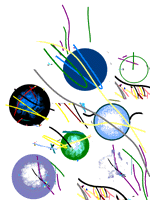
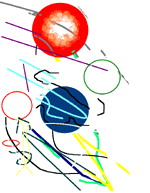
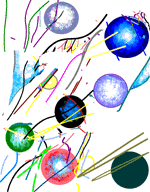
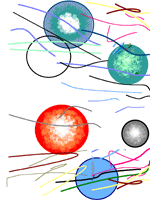
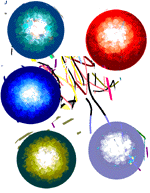
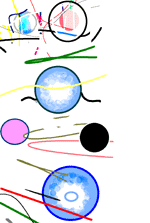
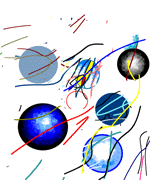
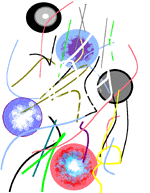
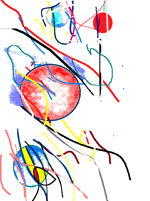









Filled with random violence, slapstick, silly names, toilet humor, and various other signifiers of lowest-common-denominator satire, Greaser's Palace doesn't so much reward its audience's patience as punish it. Glacially paced and filled with enough dead time and shots of people walking and crawling to fill a half-dozen Bresson films, [it's] well-acted and handsomely filmed but unrelentingly dull. Perhaps worst of all, for a film that aims to shock and offend, its juxtaposition of show business and divinity now seems downright quaint. As a product of an unusually adventurous time in cinema history, Greaser's Palace has perverse appeal. As a comedy, it's virtually unwatchable. —Nathan Rabin

Max Schumacher: You need me. You need me badly. Because I'm your last contact with human reality. I love you. And that painful, decaying love is the only thing between you and the shrieking nothingness you live the rest of the day.
Diana Christensen: [hesitatingly] Then, don't leave me.
Max Schumacher: It's too late, Diana. There's nothing left in you that I can live with. You're one of Howard's humanoids. If I stay with you, I'll be destroyed. Like Howard Beale was destroyed. Like Laureen Hobbs was destroyed. Like everything you and the institution of television touch is destroyed. You're television incarnate, Diana: Indifferent to suffering; insensitive to joy. All of life is reduced to the common rubble of banality. War, murder, death are all the same to you as bottles of beer. And the daily business of life is a corrupt comedy. You even shatter the sensations of time and space into split seconds and instant replays. You're madness, Diana. Virulent madness. And everything you touch dies with you. But not me. Not as long as I can feel pleasure, and pain... and love.
[Kisses her]
Max Schumacher: And it's a happy ending: Wayward husband comes to his senses, returns to his wife, with whom he has established a long and sustaining love. Heartless young woman left alone in her arctic desolation. Music up with a swell; final commercial. And here are a few scenes from next week's show.
[Picks up his suitcases and leaves]
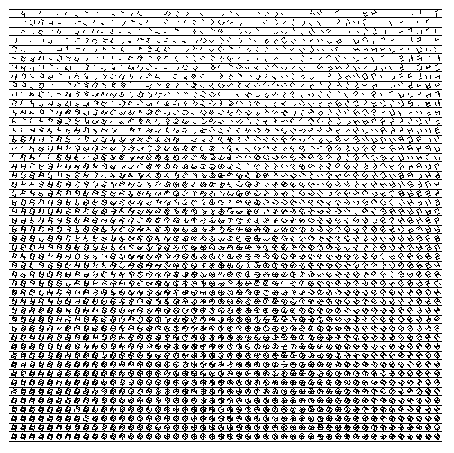
Above, a work by Manfred Mohr.
Mohr was born in 1938 in Pforzheim (Germany). He studied lithography at the Ecole des Beaux Arts, in Paris. He turned from traditional painting to the computer in 1969 to realize his artistic interest in Constructivist artforms. He focused his artistic vocabulary and aesthetic expression by working only in black and white, not reverting to a color palette until 1998, using a plotter as output from the computer.Mohr's work is on view in a show at bitforms called "Scratch Code," consisting of "computational works work from the 50s through the 70s: plotter drawings, prints, sculptures, film." The above piece (a similar one is in the show)
Mohr: The computer became a physical and intellectual extension in the process of creating my art. I write computer algorithms i.e. rules that calculate and then generate the work which could not be realized in any other way. It is not necessarily the system or the logic I want to present in my work, but the visual invention which results from it. My artistic goal is reached, when a finished work can visually dissociate itself from its logical content and convincingly stand as an independent abstract entity.
The experience of the work goes exactly counter to "the look of thought," particularly if thought is understood as classical expressions of logic. For such expressions, whether diagramatic or symbolic, are precisely about the capacity to abbreviate, to adumbrate, to condense, to be able to imply an expansion with only the first two or three terms, to cover vast arithmetic spaces with a few ellipsis points, to use, in short, the notion of et cetera.Update: wording changed based on peevish correction from Mohr: see comments.
[....]
In Variations of Incomplete Open Cubes....what we find is the "system" of compulsion, of the obsessive's unwavering ritual, with its precision, its neatness, its finicky exactitude, covering over an abyss of irrationality.
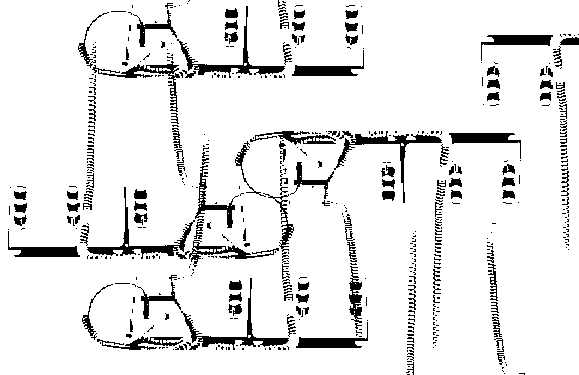
It sure looks like the Republicans stole the Presidential election again in 2004, after Bush squeaked in with rampant cheating in 2000. That's going to be the position of this page, at any rate. As the AP article excerpted below shows, the Ohio numbers came in much closer than initially projected, once the count was finalized. Factor in the 2 or 3 percent "spoilage" ballots customarily thrown out for bad chads, etc. (which reduce minority votes), electronic voting machine irregularities, and the last-ditch push by Republicans to keep voters away from the polls, and in all fairness a recount should be called for. Until then, it's fair to scoff at Republican claims to represent the majority of this country or (more laughably) to have a mandate. Bush owes his win to energetic Christian zealots, corporate-class cheaters, and wimpy Dems who fear what people might think if they fight.
President Bush's victory over John Kerry in Ohio was closer than the unofficial election night totals showed, but the change is not enough to trigger an automatic recount, according to county-by-county results provided to The Associated Press on Friday. Bush's margin of victory in the state that put him over the top in his re-election bid will be about 119,000 votes, which is smaller than the unofficial margin of 136,000, the county election board figures showed. That means Kerry drew closer by about 17,000 votes. The margin shrank primarily because of the addition of provisional ballots that were not counted on Election Day and were not included in the unofficial tally. Overseas ballots also were added to the count in all 88 counties. Secretary of State Kenneth Blackwell will certify the results Monday. The president's margin of victory was about 2 percent, not close enough to require an automatic recount. That happens only when the difference is 0.25 percent or less. Bush beat Kerry nationally by 3 percentage points.
